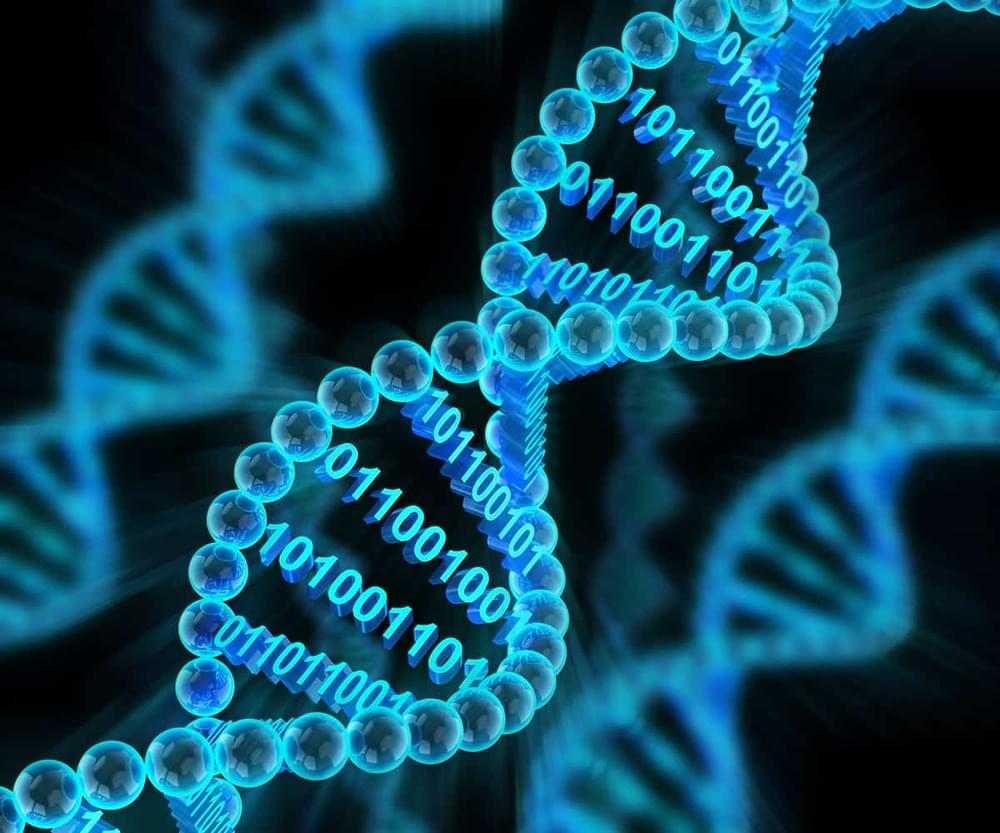Quantum effects play a hitherto unexpected role in creating instabilities in DNA – the so-called “molecule of life” that provides instructions for cellular processes in all living organisms. This conclusion, based on work by researchers at the University of Surrey in the UK, goes against long-held beliefs that quantum behaviour is not relevant in the wet, warm environment of cells, and could have far-reaching consequences for models of genetic mutation.
The two strands of the DNA double helix are linked together by hydrogen bonds between the DNA bases. There are typically four different bases, called Guanine (G), Cytosine ©, Adenine (A) and Thymine (T). In the standard configuration, A always bonds to T while C always bonds to G. However, if the protons (nuclei of the hydrogen atoms) that make up the bonds hop from one strand of DNA to the other then a genetic mutation can occur.
\r \r
